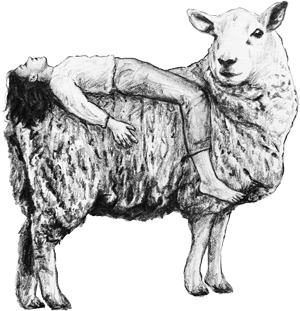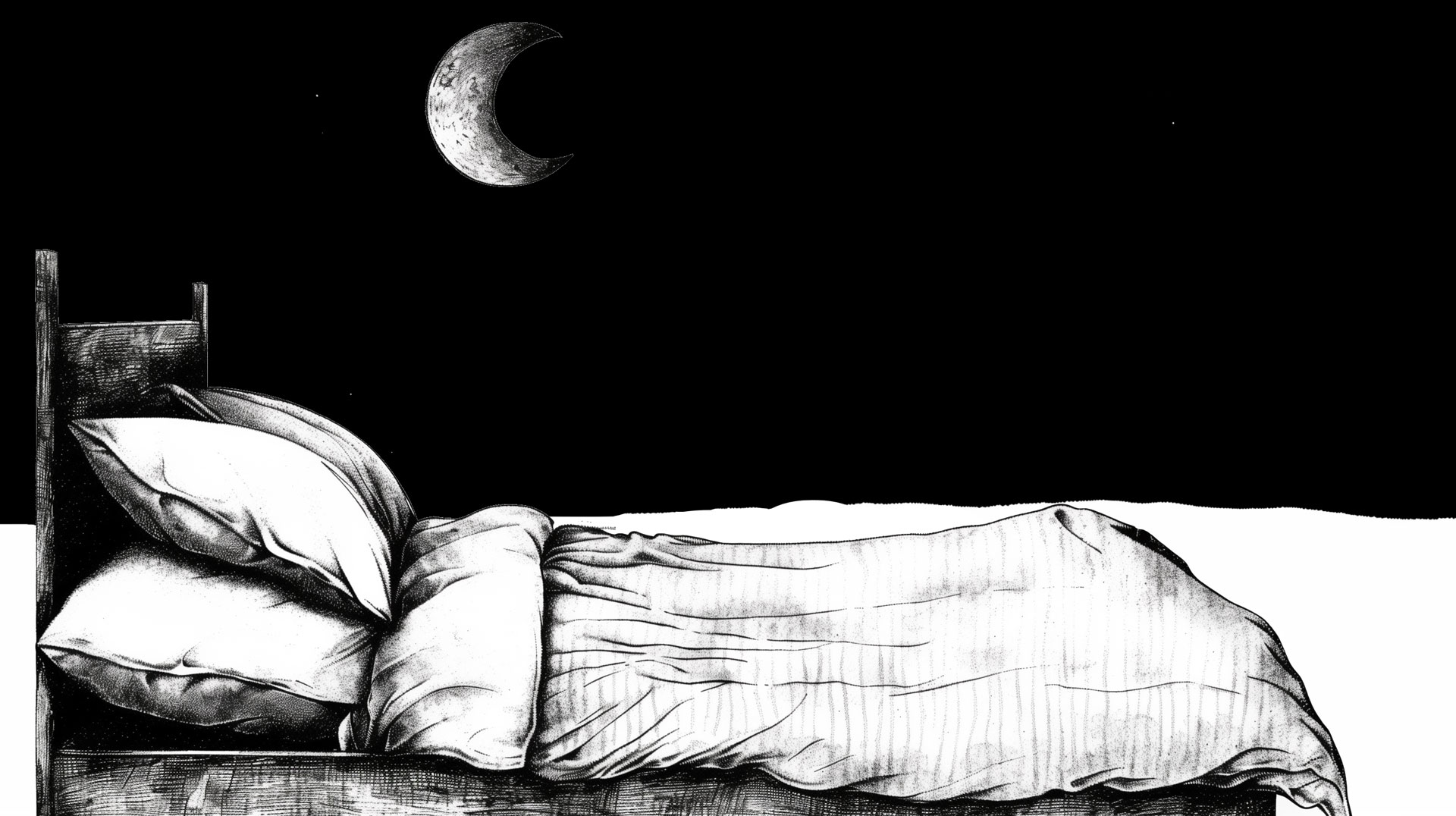Have you ever wondered why some foods leave you tossing and turning while others seem to send you swiftly to dreamland? Are you wondering what food you can consume before bedtime or when should be the final time you eat prior to sleep?
In this article, we’re going to explore in depth the impact of nutrition on sleep, supported by scientific studies, to assist you in making optimal decisions for a peaceful night’s sleep.
In this article, we will cover:
- The Connection between Diet and Sleep.
- Which Foods are helping you sleep.
- Timing, when to eat for optimal sleep.
- The Impact of bad eating habits on sleep.
The Connection Between Diet and Sleep
The relationship between what we eat and how well we sleep is not merely a subject of myth but also of scientific curiosity. Numerous studies have shown that the type of foods we consume, and the timing of our meals can significantly affect our sleep quality, duration, and how well we feel when we wake up.
Neurochemical Changes: How Food Affects Brain Chemicals
Our brains relies on various chemicals to signal when it’s time to sleep or wake up. One key player in this process is tryptophan, an amino acid that’s a building block for serotonin. Serotonin is a neurotransmitter that promotes feelings of well-being and relaxation. At night, serotonin is transformed into melatonin, the hormone that tells our body it’s time to sleep. Foods like turkey, milk, and nuts are rich in tryptophan. They therefore can help increase melatonin production, making it easier to fall asleep.
Impact on Sleep Architecture: The Role of Diet in Sleep Stages
The architecture of our sleep refers to the structure and quality of different stages of sleep we cycle through each night. From light sleep to deep sleep and Rapid Eye Movement (REM) sleep. What we eat can influence these stages:
- High-Carbohydrate Diets: Eating foods high in carbohydrates can help you fall asleep faster. This is because carbs make tryptophan more available to the brain. However, if the meal is too rich in simple carbs (like those found in sugary snacks or white bread), it might reduce the amount of deep sleep you get, leaving you less refreshed.
- High-Fat Diets: Diets that are high in fat might disrupt the sleep cycle, leading to more fragmented sleep. They are harder to digest, leading to discomfort and a higher likelihood of acid reflux during the night, which can interrupt sleep. This means you could wake up more often during the night, which disrupts the natural flow of sleep stages, particularly the restorative deep sleep.
Blood Sugar Stability: Why It Matters for Sleep
Maintaining stable blood sugar levels is important for continuous, quality sleep. A diet high in sugar and refined carbohydrates (like cookies, cakes, and white pasta) can cause your blood sugar levels to spike and then crash. This rollercoaster can wake you up during the night. On the other hand, a balanced diet that includes whole grains, fruits, and vegetables helps keep your blood sugar levels stable throughout the night, promoting uninterrupted sleep.
Evidence-Based Benefits of Sleep Enhancing Foods
Research has highlighted several foods that naturally promote better sleep through their chemical compositions and nutrient profiles. Here’s what some studies suggest:
Foods that Facilitate Better Sleep:
- Cherries: According to research from Louisiana State University, drinking tart cherry juice twice a day can extend sleep time by up to 84 minutes. The natural melatonin in cherries helps regulate the sleep-wake cycle.
- Complex Carbohydrates: Whole grains like oatmeal, whole wheat bread, and brown rice help to promote insulin production. This in return helps neural pathways receive tryptophan, an amino acid critical for the production of sleep-promoting hormones.
- Herbal Teas: Ingredients like chamomile or valerian root in herbal teas are often recommended for their sedative effects which can help calm the mind and prepare the body for sleep.
Dietary Disruptors of Sleep:
- High-Sugar Foods: Consuming a lot of sugars and refined carbohydrates can cause a roller coaster of blood sugar levels, leading to wakefulness during the night and difficulty sleeping.
- Spicy and Acidic Foods: These can cause heartburn and indigestion. Particularly if consumed close to bedtime, they can make it hard to stay asleep.
- Heavy Meals: Eating large meals or foods high in unhealthy fats right before bedtime can lead to discomfort and disrupted sleep cycles.
Timing: The Unsung Hero of Sleep Hygiene
The timing of meals can be just as important as what you eat when it comes to sleep quality:
- Dinner Timing: Eating dinner too close to bedtime can lead to poor sleep quality. It is advisable avoid eating at least 2-3 hours before bed to allow time for digestion.
- Mindful Snacking: If you need a snack closer to bedtime, choose something light and easy to digest. For example, a small piece of fruit or a handful of nuts, to avoid spikes in blood sugar. Avoid any food with added sugars or heavily processed foods.
The Impact of Poor Nutrition on Sleep
Like good nutrition can improve inadequate nutrition can significantly disrupt sleep by affecting the body in several ways:
- Nutrient Deficiencies: Deficiencies in magnesium, iron, and B vitamins can lead to sleep disturbances. Magnesium aids muscle relaxation and sleep, a lack can cause frequent awakenings. Iron deficiency might trigger restless legs syndrome, while insufficient B vitamins disrupt melatonin and serotonin levels, impacting sleep cycles.
- Unhealthy Fats and Sugars: Diets high in saturated fats can reduce restorative deep sleep, essential for recovery and memory. Additionally, consuming excessive sugars and refined carbohydrates can cause blood sugar fluctuations, leading to interrupted sleep and reducing overall sleep quality. These substances can also delay melatonin release, pushing back the sleep cycle.
- Dietary Habits: Eating large or heavy meals late at night can cause indigestion and discomfort, hindering sleep. Furthermore, caffeine and alcohol consumption close to bedtime disrupts natural sleep patterns.
Improving dietary habits by including essential nutrients and limiting fats, sugars, and stimulants can greatly enhance long term sleep quality and overall well-being.
In Summary:
- Choose Cherries and Kiwis: These fruits contain substances that help regulate sleep cycles.
- Incorporate Whole Grains: Foods like oatmeal and whole wheat bread support sleep by helping the body to process tryptophan and produce melatonin.
- Opt for Herbal Teas: Chamomile and valerian root teas have natural sedative effects.
- Avoid Late Night Heavy Meals: Try to finish eating at least 2-3 hours before bedtime to allow for digestion.
- Select Light Snacks if Needed: Opt for a small piece of fruit or a handful of nuts before bed if you’re hungry, avoiding heavy or high-sugar foods.
- Limit Caffeine and Alcohol: Both can severely impact your ability to fall and stay asleep. Aim to avoid caffeine late in the day and minimize alcohol consumption.
- Foods to Avoid Before Bed: Caffeinated Products, Spicy Foods, Foods High in unhealthy Fats, Heavy Meals and Sugary Foods.
By understanding and adjusting our dietary habits in relation to our sleep needs, we can significantly enhance the quality of our sleep and, by extension, our overall health and well-being. Tonight, why not set the stage for a restful night with a smart dietary choice? Every bite counts towards a better night’s sleep!



